'Enemy is wicked': 17-year-old Lebanese pager victim on life after losing eyes
By Hiba Morad
A 17-year-old Lebanese youth, despite losing six fingers, both eyes, and suffering grievous facial injuries in a pager explosion orchestrated by the Israeli regime last September, refuses to be cowed down.
His spirit remains unshaken and his support for the resistance continues to be strong despite his personal ordeal.
In a freewheeling conversation with the Press TV website, Hassan recounted his painful and difficult journey through treatment after getting injured in the pager explosions last year.
With unyielding resolve, the teenager vows to keep living—not just for himself, but for his people and for the resistance. He dreams of growing up to resist the Israeli occupation in whichever way he can.
On September 17 last year, a wave of pager explosions swept across Lebanon, leaving over 3,000 individuals—mostly ordinary citizens—severely wounded and claiming several innocent lives.
The explosions were caused by Israeli terror attacks on the country’s telecom network, triggering pager devices to detonate. The horror didn’t end there. The next day, walkie-talkies were set off in a secondary wave of Zionist terrorism, adding hundreds more to the casualty toll.
The Israeli terrorist offensive left a trail of bloodshed, claiming the lives of many Lebanese people, including two children, and injuring thousands of others in multiple cities.
Contrary to Western media narratives, the majority of victims were innocent civilians—men, women, and children caught in a merciless storm of violence. The blasts ripped through homes, supermarkets, cars, bustling streets, and crowded public spaces, leaving behind shattered bodies and lives.
It was widely condemned as “broad-daylight terrorism,” a brazen act of aggression against ordinary Lebanese by the illegitimate Zionist entity.
When the pager exploded
Hassan told the Press TV website that he was at his home when the terror explosions happened.
“I was sitting on the couch in the living room, and my father had placed his pager on the table and left the room. The pager began to beep loudly and incessantly," he recalled.
"I picked up the pager and looked at the screen, which read ‘click on the upper arrow and press ok,’ but I did not click anything, and the pager exploded."
All he could hear was the deafening sound of the explosion. The young boy reeled in pain.
“The shrapnel propelled through the air and injured my face, hands, and eyes, causing me to bleed profusely. Some of the shrapnel also injured my brother, but his injuries were not as severe as mine,” he added, recalling what happened that fateful day.
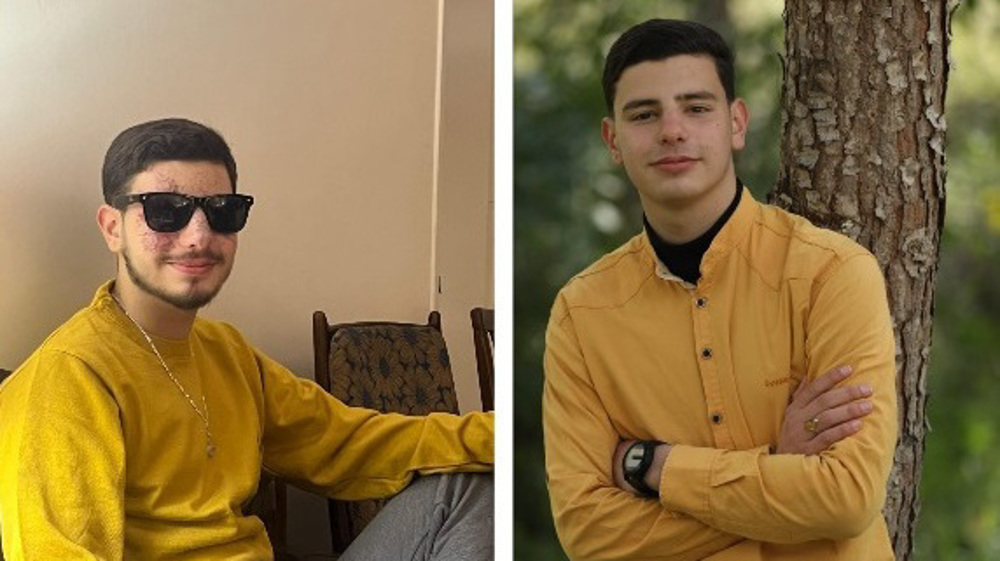
Hassan was immediately transferred to a nearby hospital, which was already teeming with the injured.
“We quickly rushed to the hospital. I was severely bleeding, and there was a loud humming in my ears. The four-month treatment journey was painstaking and difficult," he told the Press TV website.
"Initially, I received treatment at Jabal Amel Hospital and was soon transferred to Roum Hospital, where I underwent surgery for my eyes and hands. Subsequently, I had to undergo six major surgeries on my hands, face, and eyes, two sessions of plastic surgery, and laser treatment. I also underwent physiotherapy sessions for my hands. The outcome was that I lost both eyes and six fingers.”
Doctors across the Arab country described the injuries Hassan sustained as "out of this world," noting that they had never encountered anything like that before.
Medics reported that approximately three-quarters of the patients lost one eye completely, while the other eye was either somewhat salvageable. Additionally, 15 to 20 percent of victims lost both eyes.
Life before the pager explosion
Before the traumatic pager explosion and the tragedy that turned his world upside down, Hassan led an active and vibrant life, he told the Press TV website.
“My life was full of activities, including school and studies, sports, scouting, outings with friends, and family gatherings,” he said, recalling the happy times.
However, despite the severity of his injuries, Hassan maintains a hopeful and optimistic outlook.
“I can say that my life after receiving treatment is relatively similar, not because the injuries did not have an impact on me, but because my family and friends have been very supportive, loving, and understanding,” he noted.
“My friends now take me out to the places I enjoy. However, I have been unable to return to school. I intend to go back to school once I complete some medical procedures and treatment."
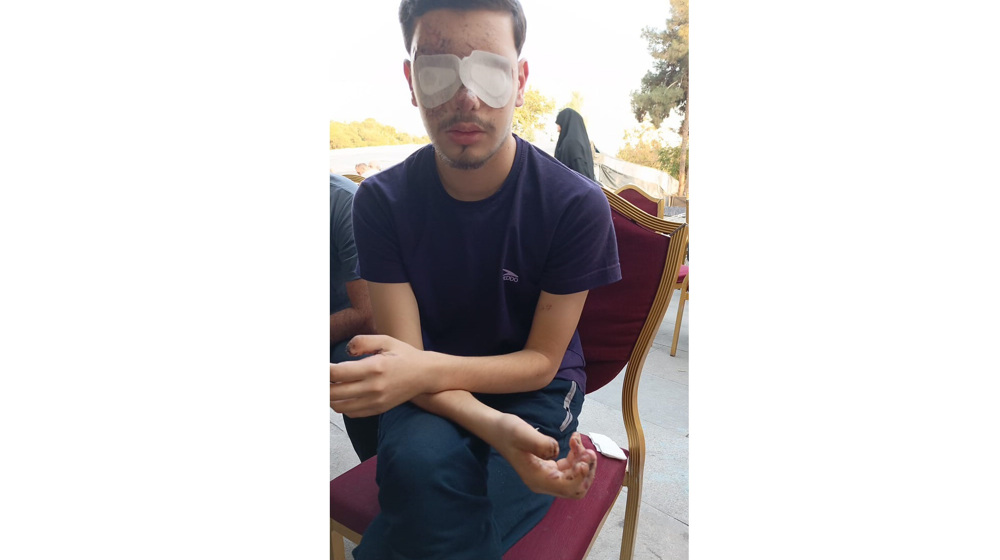
Resolve to resist tyranny
Hassan, with his spirit intact, asserted that the atrocities committed by the Israeli regime against him and thousands of others in Lebanon would not dissuade them from holding on to their beliefs.
“We, young and old, believe that the occupation must end. We are not the aggressors; they are. I tell the Zionist regime that if they do this to us a thousand times, we will not surrender or submit, nor will we abandon our path," he told the Press TV website.
"I will recover, learn to live with my wounds, and grow up to defend my country and our rights."
With a serene voice and a broad smile, he said his morale remains high and his resolve to uphold righteous causes has been further strengthened after this tragic episode in his life.
“My morale is high. I am optimistic and grateful to God for everything. Despite my wounds, I am still alive and will learn how to thrive," he said.
Message to the Israeli occupation
In a message to the Israeli apartheid regime and its military, Hassan said they cannot confront the brave men of resistance in Lebanon "as real men do."
“I tell this enemy that it is a liar, a cunning, and a cowardly entity that cannot engage in real confrontation like real men. It is inhumane and wicked, indiscriminately targeting young and old, resistance fighters and civilians alike. The only language it knows is savagery," he stated.
He said the "aggressor and occupier" regime in Tel Aviv should know that nothing can deter or dissuade them from abandoning the journey of resistance.
“I tell you, each one of us is part of this resistance in Lebanon. We are still alive owing to the blood of the resistance fighters who were never aggressors but always sought to defend the Lebanese people and land," he said, addressing the Zionist occupation.
"You are the wicked enemy, and you should know that this land is our land, and this cause is our cause. Nothing will defy us or push us to abandon the journey of resistance.”
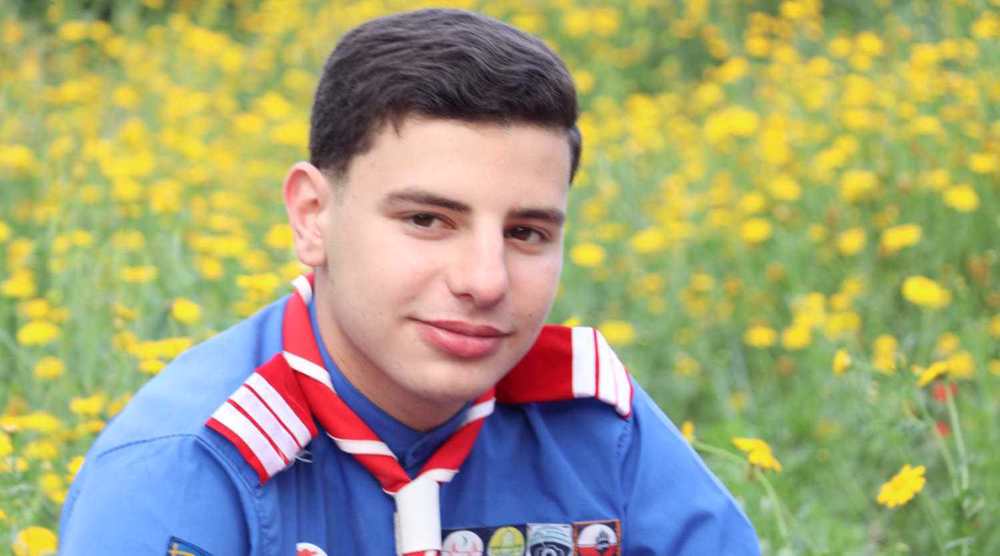
Footage on social media after pager explosions in Lebanon on September 17 showed the wounded being taken to hospitals in Beirut and southern Lebanon with sirens blaring all around.
Many young people were seen assembling in front of hospitals and health centers in different cities to assist the injured and donate blood for them as the country was gripped by grief.
Medics and paramedics in hospitals across Lebanon worked without break to treat the victims of the pager and walkie-talkie explosions caused by the apartheid Tel Aviv regime.
On September 19, UN human rights experts condemned the malicious manipulation of thousands of electronic pagers and radios to explode simultaneously across Lebanon and Syria as “terrifying” violations of international law.
Israel’s history of targeting civilians, including women and children, in Lebanon and Palestine continues to defy international law and basic war ethics, according to experts.
VIDEO | Iran's game changing retaliation boxes- part 1
VIDEO | Iran's game changing retaliation boxes- Part 2
VIDEO | Palestinian widow raises three kids in Gaza as her husband killed by Israel
Palestinian teen killed as raids and settler violence intensify across West Bank
Iran’s layered arsenal primed to deter – and decimate – US warships in Persian Gulf
Iranian commander dismisses US military buildup in West Asia as ‘theatrical gesture’
Trump ‘curious’ why Iran hasn’t ‘capitulated’ despite massive US military buildup: Witkoff
Hawkish US senator pushes Trump to ignore aides, press ahead with war against Iran


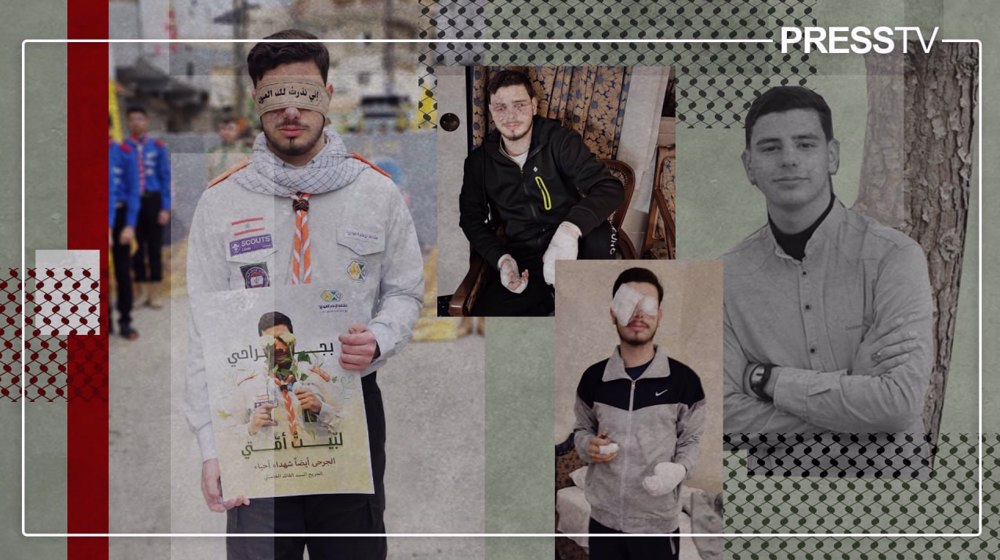
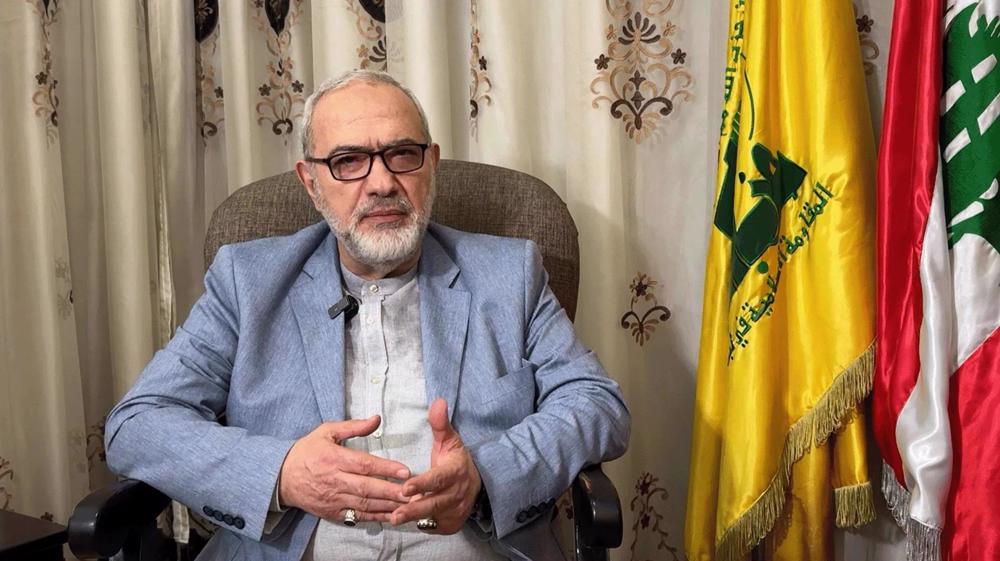
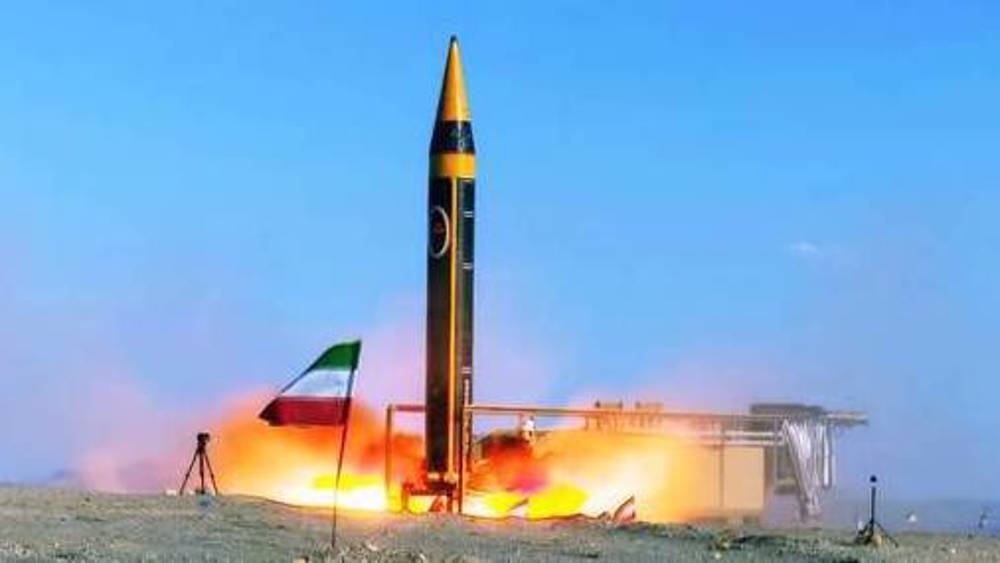
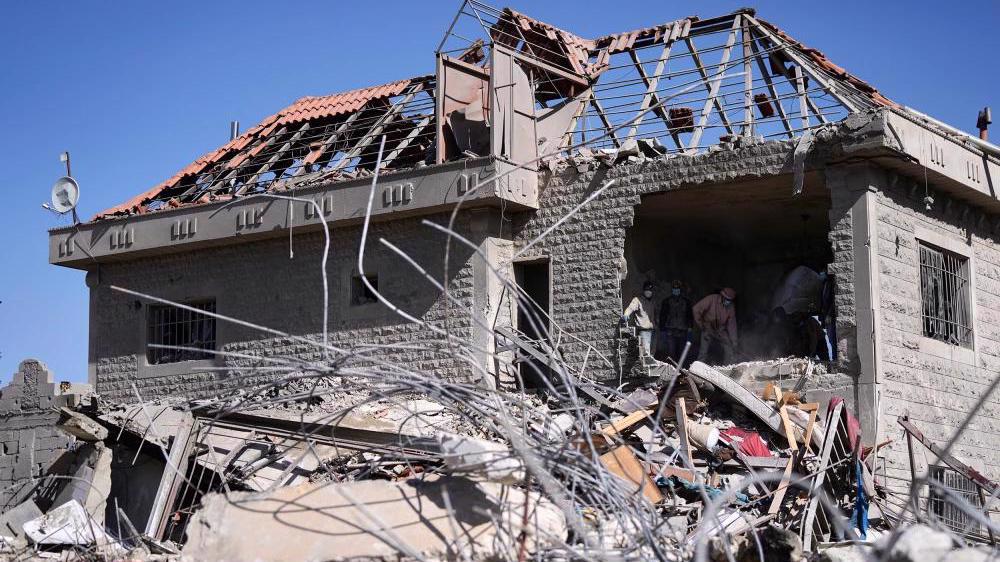



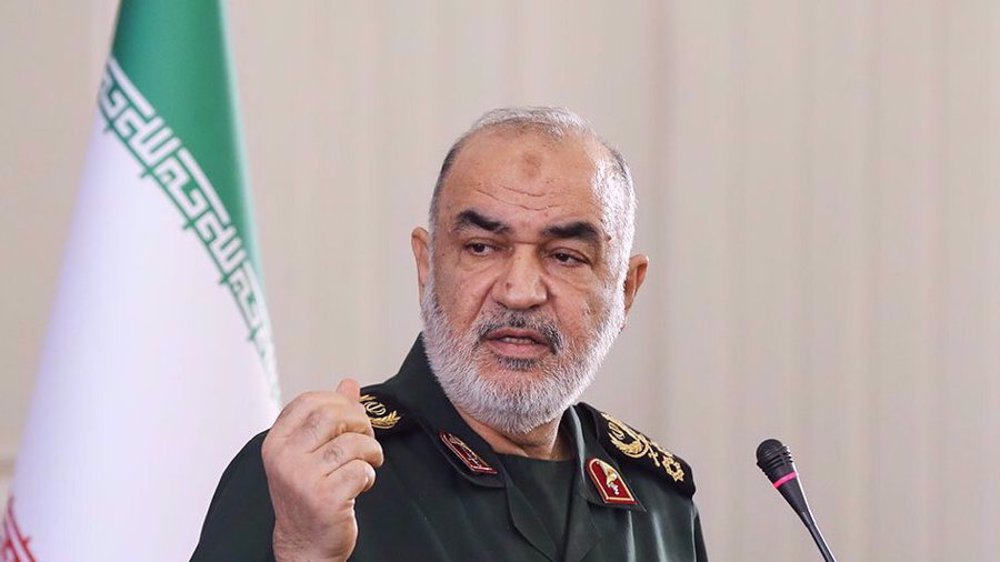
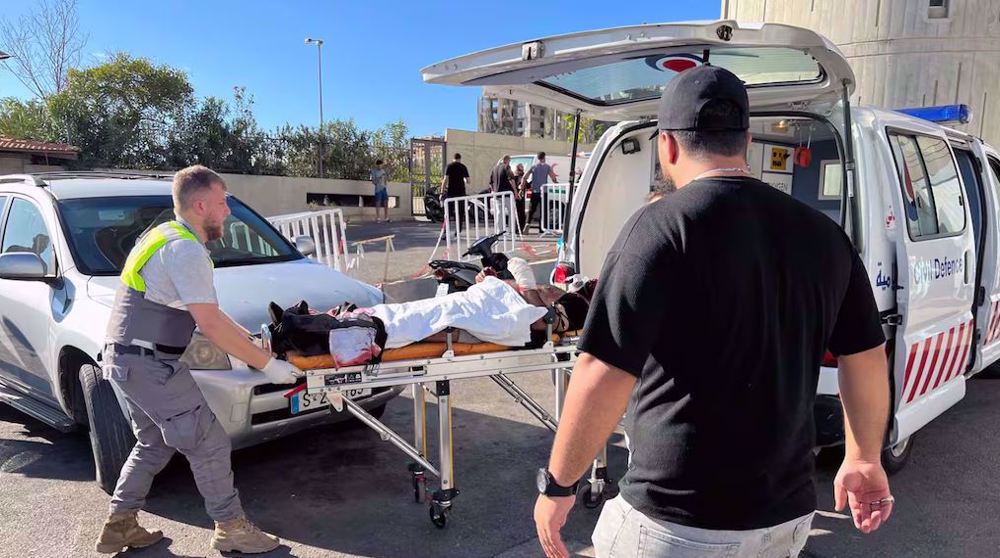
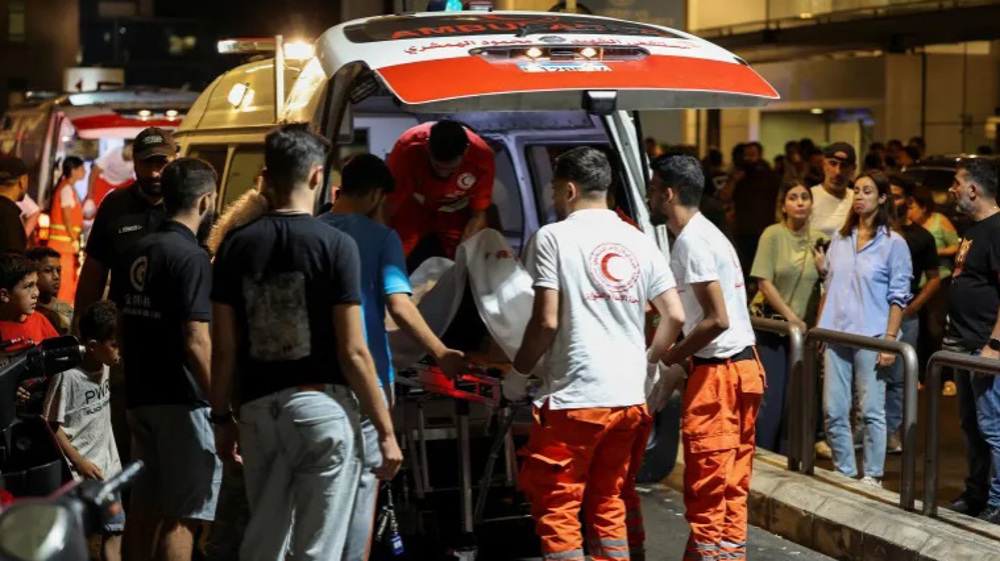
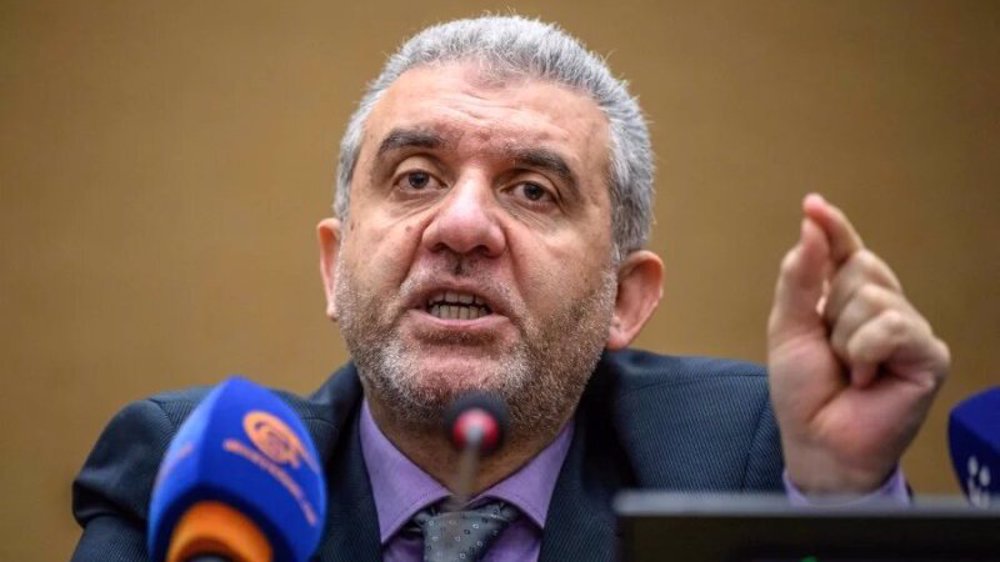
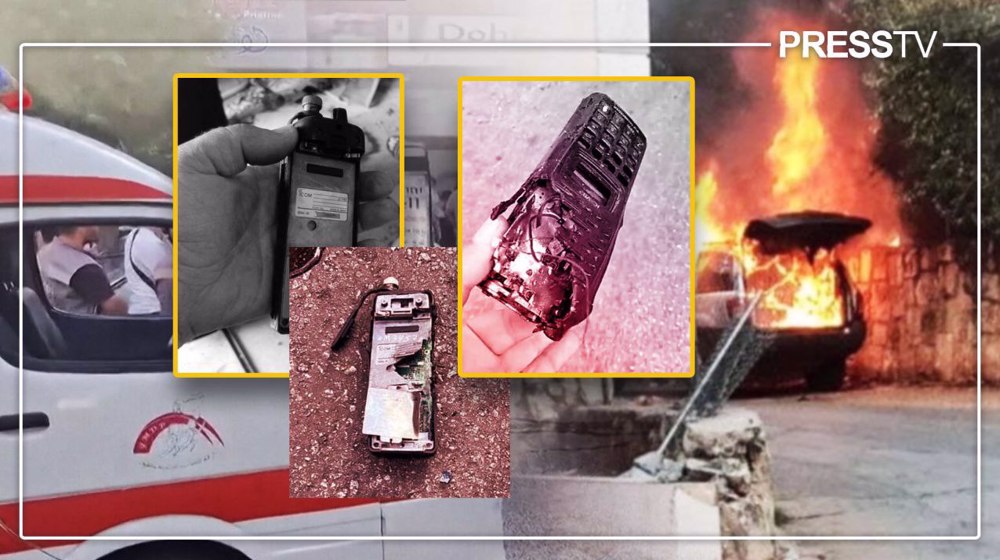

 This makes it easy to access the Press TV website
This makes it easy to access the Press TV website